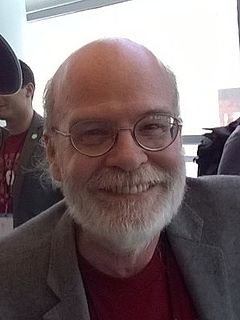A Quote by Richard P. Feynman
While I am describing to you how Nature works, you won't understand why Nature works that way. But you see, nobody understands that.
Quote Topics
Related Quotes
The study of Nature is intercourse with the highest mind. You should never trifle with Nature. At her lowest her works are the works of the highest powers, the highest something in the universe, in whichever way we look at it... This is the charm of Study from Nature itself; she brings us back to absolute truth wherever we wander.
Nature. As the word is now commonly used it excludes nature's most interesting productions-the works of man. Nature is usually taken to mean mountains, rivers, clouds and undomesticated animals and plants. I am not indifferent to this half of nature, but it interests me much less than the other half.
Man wants to see nature and evolution as separate from human activities. There is a natural world, and there is man. But man also belongs to the natural world. If he is a ferocious predator, that too is part of evolution. If cod and haddock and other species cannot survive because man kills them, something more adaptable will take their place. Nature, the ultimate pragmatist, doggedly searches for something that works. But as the cockroach demonstrates, what works best in nature does not always appeal to us.


































